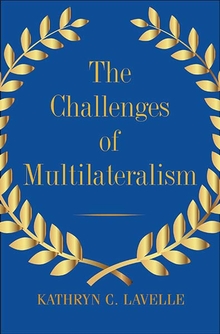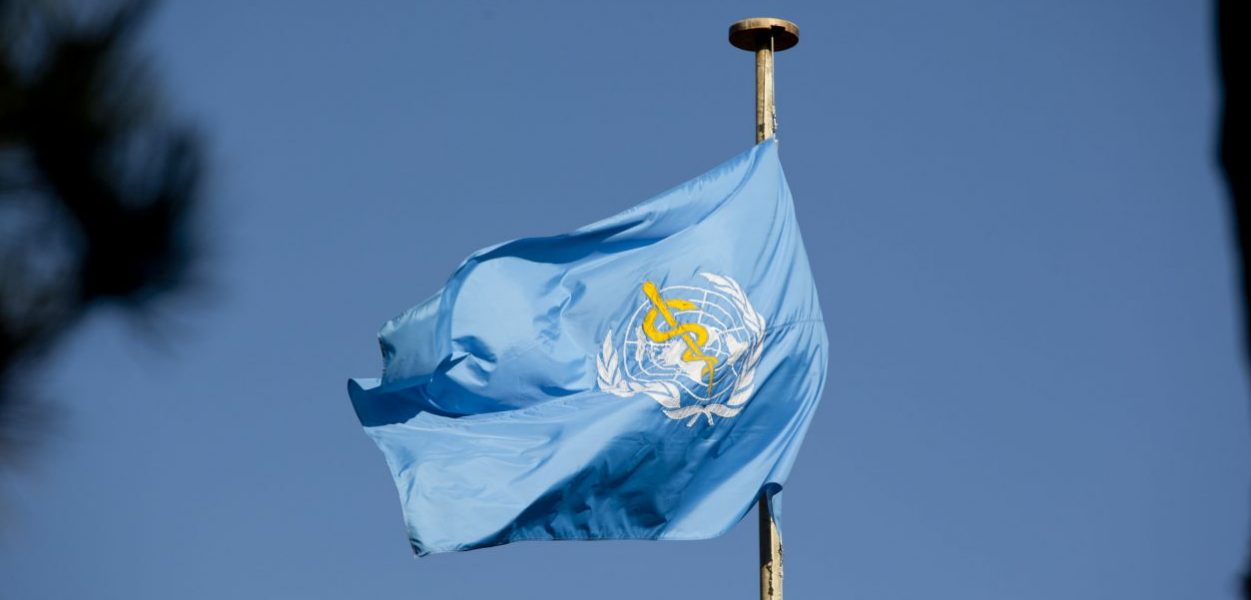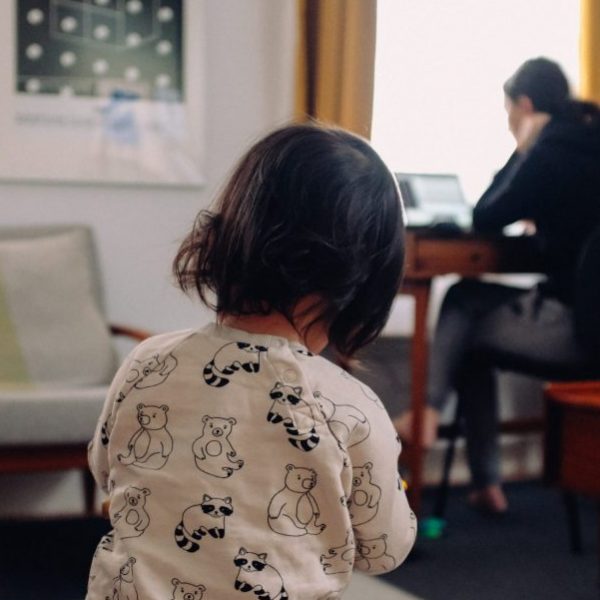Multilateralism in Global Health
Kathryn C. Lavelle—
The political boundaries that humans construct rarely confine disease. Thus, medicine is humanity’s most transnational endeavor. To understand systems of coordinating relations across states in accordance with certain principles of conduct, international relations uses the term multilateralism, which can be grounded in specific international organizations (IOs) or exist apart from them. Despite efforts at cooperation, contrasting values and competing state and international interests constantly challenge multilateral efforts, particularly as they confront scientific advance and deepening globalization. In the current COVID-19 crisis, the numerous contradictions accompanying capitalist production, national security, and medical progress are but the most recent manifestations of enduring elements that multilateralism in global health has sought to resolve over the sweep of its history.
The present-day pandemic has its own contemporary features. Daily news reports cover the competition among national and sub-national groups to acquire desperately needed medical supplies, chiefly personal protective equipment (PPE) and ventilators. Likewise, the economic collapse has novel features: both demand and supply must be managed simultaneously, and radically new physical constraints on production and delivery have appeared. While as of this writing banks are not in imminent danger of collapsing, small businesses around the world face a new struggle to survive over an uncertain period of time. They need credit, yet financial intermediaries are deprived of the existing rating metrics that have guided credit worthiness in the past. Some large industries—such as cruise lines—are threatened outright; whereas others—such as airlines and hotel chains—may not recover for years as different regions grapple with health concerns that will make many reluctant to travel.
What role does multilateralism play when cooperation appears to be lacking even within countries? Three trends in global health governance since the nineteenth century stand out that speak to the intermingling of science and economics in the present-day pandemic.
First of all, for cooperative governance efforts to succeed, the medical community must reach a consensus on the spread and treatment of COVID-19 and on what role economic aid will play. In the nineteenth century, the movement of people from farms to cities meant that they lived closer together and in unsanitary conditions. Cholera, tuberculosis, and influenza epidemics prompted the expanded use of quarantine as a way to fight them, albeit ineffectively. Trade routes magnified the problem because transportation networks carried disease as well as goods. Nonetheless, economic concerns also stimulated cooperation in the form of the early International Sanitary Conferences. When a scientific consensus on cholera emerged, these conferences became more successful and inspired efforts to create some kind of permanent IO to maintain epidemiological data and coordinate quarantine measures. Powerful interests protected themselves in related agreements through specific measures that would allow trade and commerce to continue.
Secondly, multilateralism in the era of COVID-19 has been pushed and pulled by the same nationalist and internationalist sentiments as in all IOs. The World Health Organization (WHO) originated in efforts to create a set of issue-specific IOs after World War II. Such efforts are not apparent now. Although the WHO has been heavily criticized during the pandemic, it was the one entity that has been able to share information and pronounce the crisis a global pandemic, triggering certain protocols and pressuring for aggressive action.
There is evidence that future global health governance efforts will be bolstered along the lines of recent trends in IOs that move across issue-specific areas and are not bounded by one set of concerns. That is, many other IOs will join the WHO and become involved in managing future pandemics, and those already involved will do more and in innovative ways. For example, despite paralysis in the UN Security Council caused by the US-China dispute over the origins of the virus, other members have called for a declaration that the coronavirus represents a threat to peace and security, as it did during the Ebola outbreak. The World Bank has ramped up its efforts in global health by launching emergency aid as a start of a broader effort to help protect the poor and vulnerable, support businesses, and bolster economic recovery. The International Monetary Fund has entered the field with an array of lending programs that aim to support households, businesses, and the financial sector with a mix of liquidity and solvency measures. One prominent faith-based NGO, Samaritan’s Purse, broke new ground when it set up field hospitals in Cremona, Italy, and New York City’s Central Park. The Gates Foundation, a longstanding player in global health governance, recommitted its philanthropic efforts toward solving the immediate problem and keeping it from happening again.
Finally, the trend against US global leadership and ambivalence about multilateralism will also continue. American President Donald Trump provoked nationalist sentiment early in the crisis by referring to the COVID-19 virus as the “China virus.” There is no sign of a grassroots effort to renew formal American leadership in IOs in this area. Nonetheless, as with American philanthropic support for the League of Nations and its health unit, there are clear signs of private American participation in global efforts. Coronavirus clinical trials seek a wide population to study and will be international. Not-for-profit medical systems, such as the Cleveland Clinic and Mayo Clinic, have responded to the pandemic in their international capacities. For example, Cleveland Clinic (itself formed by a team of physicians joining the American Expeditionary Force of World War I) has facilitated the procurement and distribution of PPE and ventilators through its international healthcare delivery system. Cleveland Clinic researchers have studied sub-national populations that have been more affected by the virus, such as migrant workers in the United Arab Emirates. Traditional academic medical centers, such as Johns Hopkins, Duke, and Harvard, similarly operate with partners in research and educational partnerships. Despite the initial lack of transparency by the Chinese government about the outbreak, Chinese scientists’ sharing of the components and genetic sequence of the virus’s RNA greatly aided the subsequent development of testing and vaccines.
Multilateralism has always included governmental, quasi-governmental, and citizen-based activities. It has always been rife with contradictions. Self-isolation inserts miles between neighbors and within families, yet digital communication erases the distance between countries. New frontiers in the spatial dimension of global health governance are crossed daily in the COVID-19 pandemic. States and citizens will be compelled to seek new ways of cooperating, not just to police the world, but to live in it and prosper.
Kathryn C. Lavelle is Ellen and Dixon Long Professor of World Affairs at Case Western Reserve University, where she has taught for the past eighteen years.
Further Reading:



























